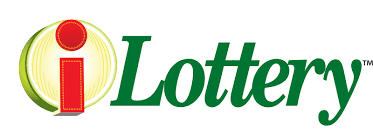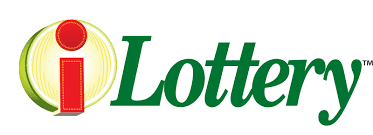Last October, Pennsylvania lawmakers passed a gambling expansion law to legalize online poker, online casino games, daily fantasy sports and sports betting.
It was the first step into a new era in PA online gambling. Anticipation built even more last month, when the US Supreme Court struck down the Professional and Amateur Sports Protection Act (PASPA) to clear the way for regulated sports betting.
Yet a rosy revenue outlook does not seem to be prevalent now for Pennsylvania’s higher-ups. Details from a closed-door election-year budget plan among Republican lawmakers paint a less enthusiastic picture.
A ‘responsible and bipartisan’ plan
First thing’s first. Gov. Tom Wolf is bidding for re-election in November. This could explain why this usually-contentious process is more docile. That said, it appears the state’s top politicians are on the same page on many topics.
Among them is a slightly conservative expectation of revenue generated by Pennsylvania’s expanded line of games. Most of these, including sports betting and online gambling, have not launched yet.
A report from the closed-door meeting indicates that the planned state budget includes a hoped-for $100 million from sports betting and online gambling over the next fiscal year, which begins July 1. In a statement, Wolf called it a “responsible and bipartisan” plan. He added:
“We have worked cooperatively over the past few months to find common ground and room for compromise. This budget makes smart investments in education, safety and human services and continues the progress we’ve made to restore fiscal stability to the commonwealth’s finances.”
Why are expectations low?
The ante for entering a hand is steep as it is. As such, enough interest would create quite the kitty.
Full online casino licenses, which lets holders offer table games, slots, and poker, cost $10 million apiece. Licenses to offer only one of the three games would cost $4 million a pop. And sports betting licenses cost $10 million each.
There are 13 full online casino and sports betting licenses available. That amounts to one for each of the state’s active casinos and one for the planned casino in Philadelphia.
If all of the licenses sold out, that adds up to more than $250 million alone. The problem, however, is that many casino operators perceive the price tag to be too steep. So far PGCB has not issued any licenses have been issued. In the case of online gambling licenses, there are not even any applicants.
Even during the final weekend of May – two weeks after SCOTUS struck down PASPA to open the door for regulated sports betting – there was no interest in obtaining sports betting licenses.
Timing of sports betting could be the explanation
According to Online Poker Report, it is unclear if those responsible for creating the budget are omitting some revenue that was planned from licensing in the 2017-18 fiscal year, even if their expectations, including $200 million from online gambling alone, went unmet.
Regardless, the federal sports betting ban was still on the books before New Jersey won its SCOTUS case. As such, sports betting licenses would first be included in the budget during the next go-round. Should all of those licenses sell, that would generate $130 million in revenue alone.
Pennsylvania has moved forward with its online lottery, which certainly will provide a revenue boost for the state. Yet a somewhat conservative outlook remains for the likes of online gambling and sports betting.
Sign Up Now and get $5 Free Play at PA iLottery!
-
Visit PA iLottery
- $5 FREE
- PA iLottery Review
- Instant Win Slot-Style Games
- $5 free just for signing up
- Play on any device
The post PA Budget Only Expects $100 Million From Gambling Expansion appeared first on Play Pennsylvania.

 Visit PA iLottery
Visit PA iLottery





